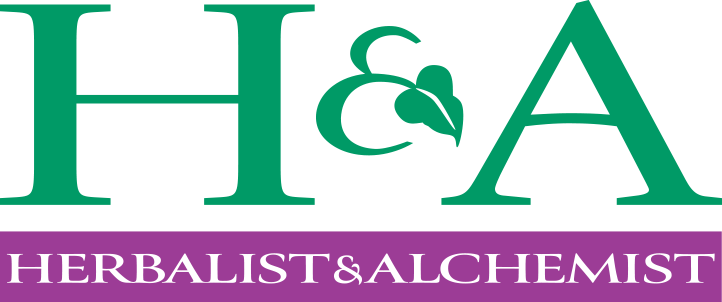How does David’s training compare with other herbal education you have received?
My first herbal training was a two-year independent study program through the school founded by noted herbalist Dr. John Christopher, culminating with an intensive week of
classroom training in the mountains of Utah. This was a great introduction as it enabled me to identify and understand the utilization of individual herbs. The training was very good,
but paled in comparison to the practical training I had received with David Winston. David’s training is devoted to the practical clinical applications of herbal formulations and to
the understanding of the energetics and specificity of treating the patient, not the disease.
David Winston’s depth of knowledge goes well beyond the scope of botanicals as he incorporates lifestyle, exercise, diet and nutritional supplementation, making his program
extremely relevant for one devoted to the practice of naturopathy. Many herbalists are quite myopic in their approach, attempting to solve every issue with an herb. Herbs are an integral
component of my practice, but integrating their utilization along with other holistic lifestyle modifications makes my protocols click. Thanks to David’s clinical perspectives, my practice has flourished.
One additional observation is that David Winston’s classes are dynamic. David, like me, is in a constant state of discovery.
What one has learned from David years ago may be updated, amended and revised as new data is uncovered.
Naturopaths are viewed differently by various states, resulting in a wide range of what can legally be said or done by a naturopathic practitioner, even though there are
those who have more training than some MD’s. This is viewed by many people as doing a disservice to the patients. Do you think there will ever be a more enlightened, and standardized,
way for naturopaths to work?
There is a wide diversity among naturopaths as there are so many disciplines within the scope of naturopathic medicine. This list includes, but is not limited to: homeopathy,
botanical medicine, acupuncture, exercise therapy, Bach flowers, aromatherapy, nutritional supplementation, diet modification, energy/vibrational healing, biofeedback, holistic life coaching,
hydrotherapy, etc. A naturopathic standard, therefore, becomes much more difficult than conventional medicine as each of these principles may have some sound clinical basis. It is very difficult
for one to be an “expert” in every discipline.
Naturopathic schools teach the basics. In a four-year education it is impossible to attain adequate training in medical science, botanical medicine, homeopathy, medical exercise,
patient counseling and every other adjunct associated with naturopathic medical practice.
IIt is my opinion that the strength that we have as individual practitioners could only be commensurate with our devotion to continuing education in order to perfect our clinical
acumen in the naturopathic disciplines in which we chose to be proficient. By diluting our efforts we are compromising our ability to sufficiently benefit our patients.
Therefore standardization within the naturopathic profession is much more difficult. Many of us may reach the same ends through a different vantage point, utilizing specifically
learned techniques and protocols. If the patient gets well, the practitioner was right. Additionally, naturopathic doctors utilize holistic protocols, not isolated remedies. These are more difficult
to standardize or ascertain scientific justification as we make most of our clinical judgments on the basis of empirical and historical evidence.
I am proud that I am licensed, board certified and have attained about 20 certifications in various areas of natural health. If, however, we judge the competency of our practitioners
solely on the basis of board examinations are we really getting the best practitioners or are we limiting the profession to those with the best memory?
